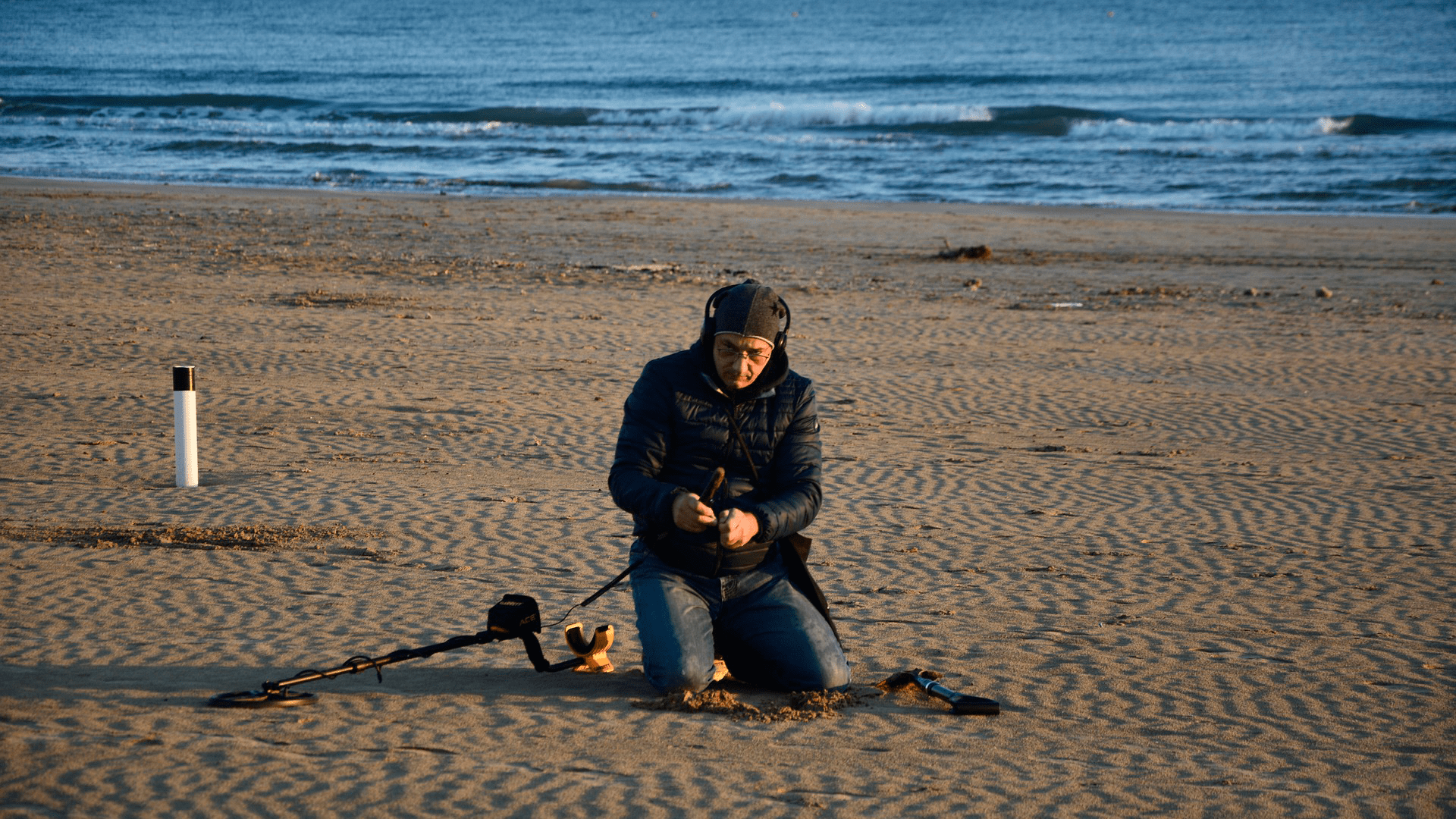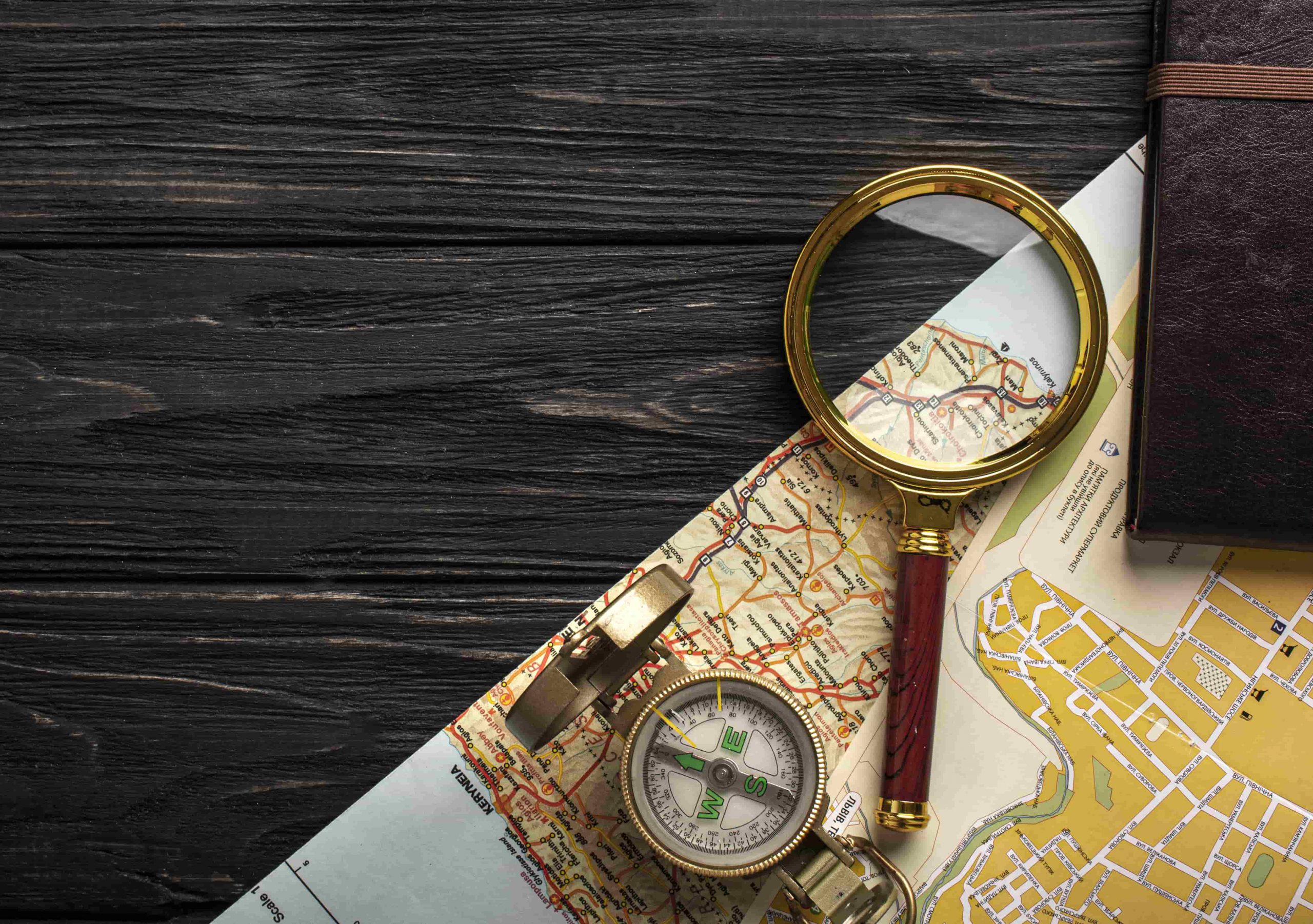Do you have the spirit of an explorer, a heart of adventure, and a love of treasure? If so, then becoming a Treasure Hunter might just be the perfect pursuit for you! With the right tools and knowledge, anyone can start their journey to uncover hidden gems around the world. In this blog post we’ll explore what it takes to become a successful treasure hunter; from researching leads, honing your metal-detecting skills, and finding treasures; to understanding local laws and learning how to make money from your newfound loot. Read on for practical steps that will guide any prospector on their quest for buried gold!
Get organized.
Before you start your treasure-hunting journey, it is important to have a plan and make sure that all of the necessary supplies are ready. Make a list of the items you will need, including maps, tools, research materials, and protective gear.
Research the topic.
Once you have everything set up, it is time to learn about what kind of treasure-hunting opportunities are available in your area. Look for local laws and regulations regarding metal detecting in public spaces as well as private property. Read up on history and folklore related to nearby areas where buried loot may be found (beaches are a great place to start).
Join an online treasure-hunting forum or community.
There are many websites dedicated to helping treasure hunters connect. Joining a forum or community will give you access to advice and tips from experienced treasure hunters, as well as provide a networking opportunity.
Learn about metal detecting.
Metal detectors are the most essential tool for a successful treasure-hunting adventure. Get familiar with different types of detectors, what features they have, and how to use them properly. Practicing your skills can help you find better targets more quickly when out in the field.
Buy a metal detector and accessories.
Once you have done some research, it’s time to invest in a quality metal detector that is suitable for your needs. Make sure that the model has all of the features you require, such as waterproofing, digital readouts, and adjustable sensitivity. Don’t forget to also purchase the necessary accessories like shovels, digging tools, headphones, pinpointers, and carrying bags.
Learn how to use your metal detector properly.
Now that you have all of your gear ready to go, it’s time to learn how to effectively use your metal detector. Familiarize yourself with the settings and controls on your model so that you can quickly make adjustments when needed. Practice using the device in different environments so that you can become comfortable with its capabilities and familiarize yourself with common targets in the area where you plan to search for treasure.
Find a good search location.
Once you are confident in your skills, it’s time to find a place to go treasure hunting. Look for places with little foot traffic and plenty of potential targets, like beaches, historical sites, or abandoned buildings. Make sure that the area is safe and legal to explore before setting out on your adventure.
Follow local laws and regulations.
Before beginning any treasure-hunting activity, make sure you familiarize yourself with local laws and regulations regarding metal detecting and treasure hunting. Some areas may require permits for certain activities or prohibit them altogether; be sure to check first! Additionally, many states have strict rules about recovering artifacts from public or private property; respect these regulations so that you don’t get into any legal trouble.
Find a mentor.
Having an experienced treasure hunter by your side can make your journey much easier. Ask around to see if someone in your area would be willing to mentor you and give advice on where to hunt, what equipment works best, and how to stay safe while out in the field.
Make money from your treasure-hunting finds.
If you are lucky enough to find something of value while out on your adventure, you may be able to make some money from it! Contact local antique dealers and collectors, or even post your item on popular auction sites like eBay or Craigslist. You can also check local shops for items in need of repair that can be bought cheaply and sold for a profit after being fixed up. Finally, consider selling unique finds (like coins and jewelry) to coin dealers who specialize in the purchase and sale of such items.
Have fun and stay safe!
Treasure hunting is a great hobby that can be both exciting and lucrative. Above all else, make sure to have fun and stay safe while out on your adventure. Be aware of your surroundings, carry safety supplies with you (like food, water, a first aid kit, etc.), and always follow the laws and regulations in the area you are exploring. With some patience and dedication, you can become an accomplished treasure hunter in no time! Good luck!



